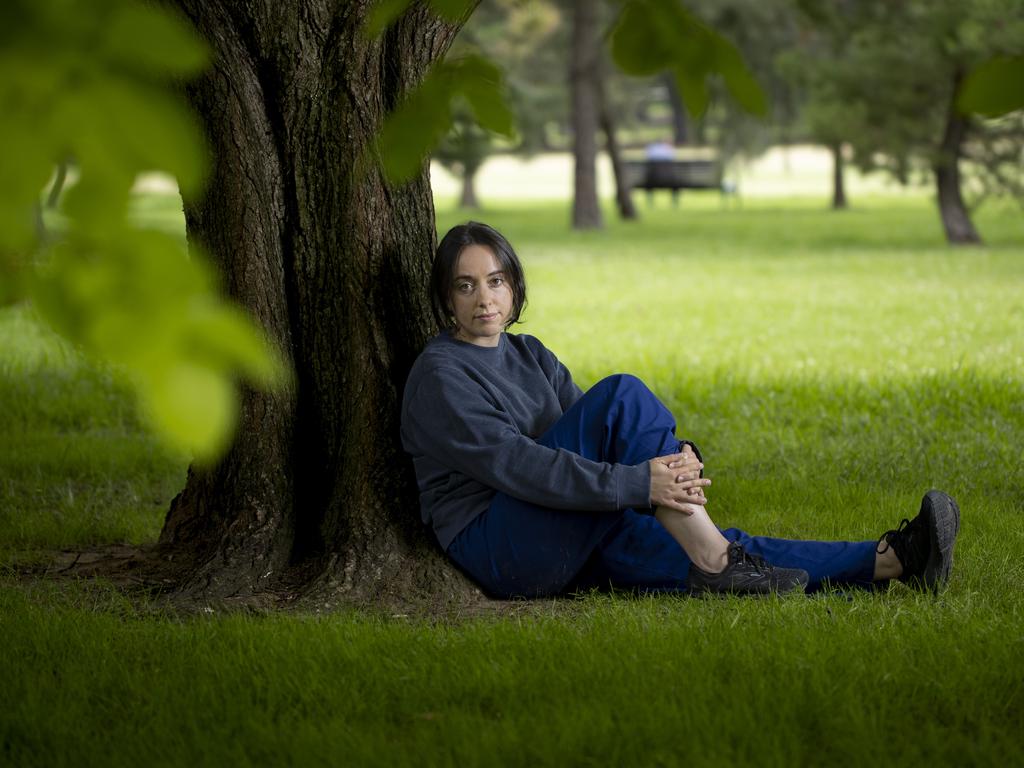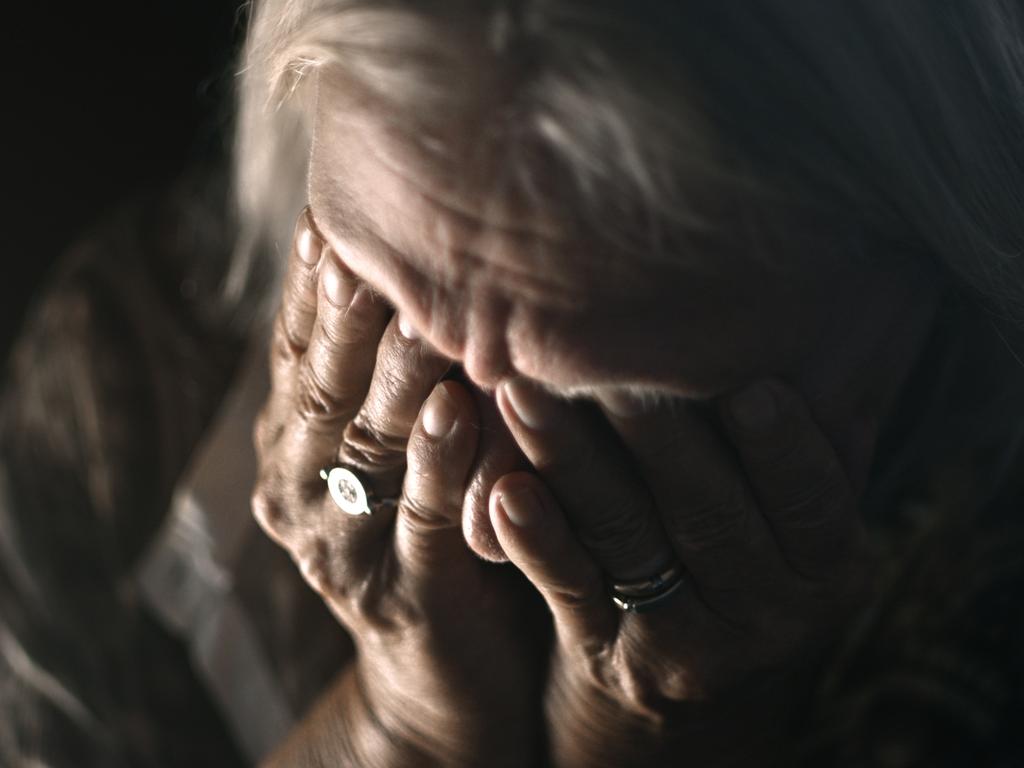Liquid SSRIs to be made locally for the first time, easing the agony of withdrawal
The University of Tasmania is leading a team of pharmacists in developing oral liquid formulations for 11 of Australia’s most prescribed antidepressants.

Anna King had been on antidepressants for almost 10 years when she decided the raft of side effects she was experiencing outweighed the benefits. She had little idea how horrendous the process of attempting to come off the medication would turn out to be.
“I suffered debilitating withdrawal symptoms, physical symptoms, psychological symptoms, cognitive symptoms,” the Tasmanian registered nurse says. “I was debilitated by terror, I couldn’t even leave my house. I had no idea what was happening to me. The long process of tapering off these drugs has been the most horrific experience of my life. It’s a miracle I’m alive, actually.”
Ms King’s doctor had advised tapering down from the medication across 10 days. It’s now recognised that some people require a much slower tapering of the drugs known as selective serotonin reuptake inhibitors. The publication of the world’s first deprescribing guidelines, the Maudsley Deprescribing Guidelines, followed by a world-first practical guide to slow, hyperbolic tapering published by the University of Queensland this year, has increased awareness among doctors of how severe withdrawal effects can be and how difficult the process of tapering down from SSRIs is for some patients.
One of the problems with the tapering process is that the smallest doses of SSRIs can be the hardest to stop. In Britain, liquid formulations are available to help people taper down to tiny doses, but these liquid drugs have not been available in Australia.
“I was debilitated by terror, I couldn’t even leave my house. I had no idea what was happening to me.”
Now, the University of Tasmania is leading a team of pharmacists in developing oral liquid formulation for 11 of Australia’s most prescribed antidepressants.
These formulations will be able to be mixed up by community and compounding pharmacists to support patients in safely tapering medication using the evidence-based hyperbolic tapering method outlined in the Maudsley Deprescribing Guidelines. Hyperbolic tapering is a neurobiology-based method that works on the principle that very small amounts of antidepressant can still have a large effect on the brain and that tapering should happen in smaller and smaller reductions as dosages get smaller.
The guidelines emphasise progressively smaller dose reductions of SSRIs, particularly at the lowest doses, to give the body time to adjust. But many antidepressants are not commercially available in strengths low enough to support the gradual dose reductions required for hyperbolic tapering.
University of Tasmania school of pharmacy and pharmacology research project lead Natalie Cooper said at the moment many people seeking to taper slowly were relying on imprecise at-home methods of crushing and dispersing tablets to get very small doses.
“With the lack of commercially available liquid antidepressant formulations available in
Australia, there are limited dosing options for people to withdraw from antidepressant
medications,” Ms Cooper said. “By creating easy-to-prepare, cost-effective liquid antidepressant formulations that any pharmacy can compound, we’re tackling a major barrier to antidepressant discontinuation.”
Pharmaceutical Society of Australia Tasmanian branch president Joanne Gross said the liquid formulations developed by a trusted institution would give many doctors confidence to support their patients in the gradual tapering process.
“There’s still a lot of confidence required for a lot of GPs to embrace this hyperbolic tapering approach,” Ms Gross said. “They will have more confidence in the patient’s ability to actually implement the plan that they’re wanting to use for that patient.

“Having robust stability data from an Australian university using standard products that any pharmacy in Australia can buy that are commercially available will give doctors a lot of confidence that the compounded product that patient might need to purchase for months or years will give them the dose that it says on the label.”
Ms King, who for years has been crushing up dispersible tablets to get tiny doses in a process that has been difficult and frustrating, says the liquid formulation initiative is exciting and sorely needed by many patients.
“It provides Australians with a safer, inexpensive and reliable way to taper off their antidepressant using hyperbolic tapering principles,” Ms King said. “Until now, people like me have had to prepare these liquids in our own homes, a process which is tedious, time-consuming, open to error and often frowned upon by doctors. These (UTAS) liquid formulations will not only simplify the tapering process for patients but will also help reduce the instance and severity of antidepressant withdrawal symptoms that many people experience from trying to cease their antidepressant.
“It is crucial that doctors are educated in hyperbolic tapering so they can support and guide their patients through the process of antidepressant withdrawal. The UTAS liquid formulation initiative is an important tool for doctors to fulfil this responsibility to their patients. I didn’t have this support or guidance from my doctors and the consequences have been catastrophic.”





To join the conversation, please log in. Don't have an account? Register
Join the conversation, you are commenting as Logout